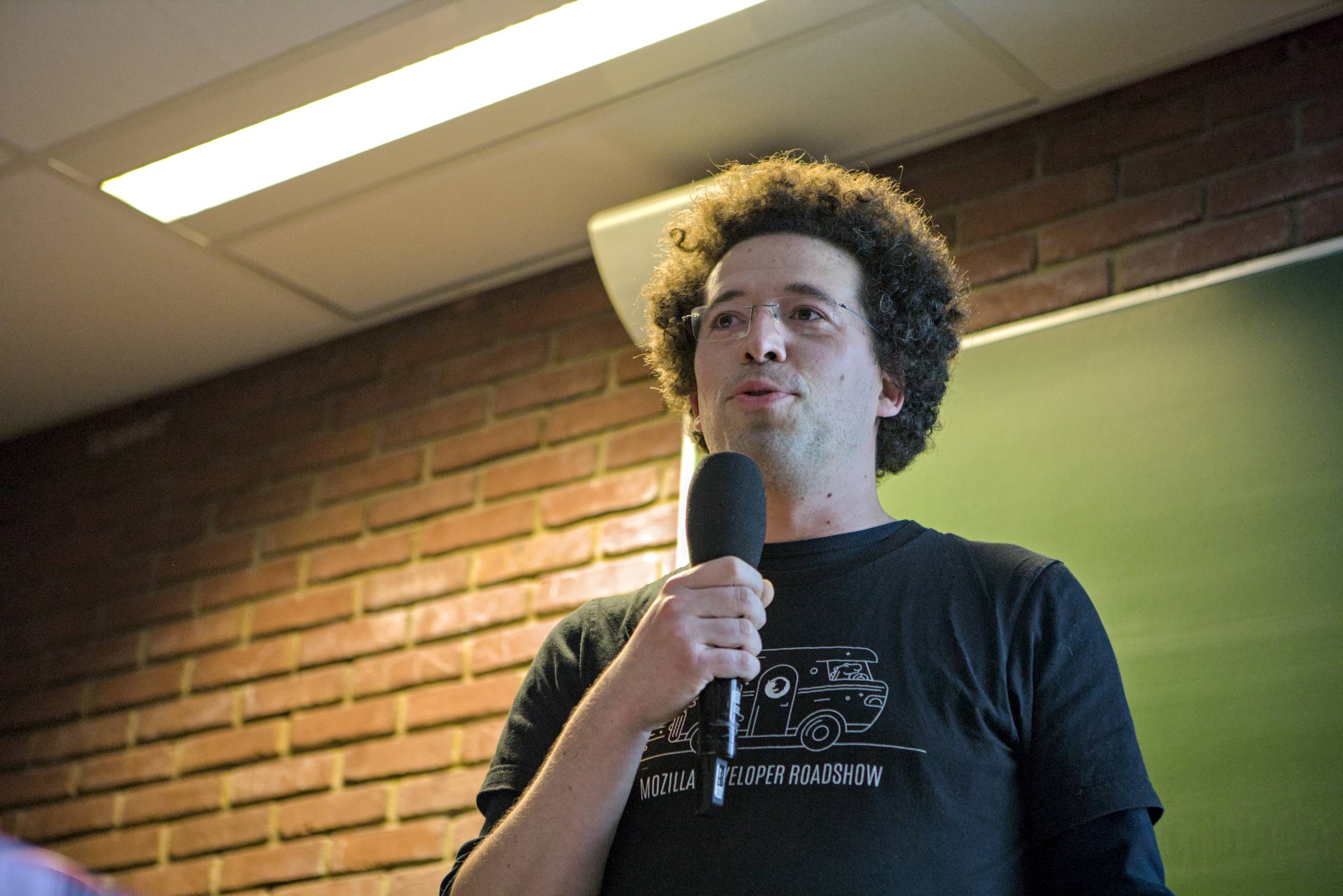FOSDEM 2024 Recap – Power Profiling my Entire House with the Firefox Profiler
At the recent FOSDEM 2024 Energy Devroom, Florian Quèze, a performance engineer at Mozilla, captivated the audience with his session titled “Power Profiling my Entire House with the Firefox Profiler” (video follows below). In this talk, Quèze shared his fascinating journey of understanding and optimizing power consumption within his household. Here’s a summary of the key points from his session:
Introduction to Power Profiling
Quèze’s role as a performance engineer at Mozilla involves assessing and reducing Firefox’s power usage. He introduced the concept of power profiling, highlighting its importance in understanding energy consumption down to minute details, such as the power used by blinking cursors in web browsers.
Motivation Behind Household Power Profiling
Quèze’s motivation stemmed from the arrival of a new family member and the desire to power their household with renewable energy. Facing challenges in installing solar panels on the roof due to various obstacles, he turned to alternative solutions, such as installing a power meter to monitor energy usage throughout the house.
Technical Implementation
Quèze elaborated on the technical aspects of his project, including the installation of a power meter inside the electric switchboard and the utilization of local data processing to ensure privacy. He converted the collected data into JSON format for analysis using the Firefox Profiler, a tool he was familiar with due to his work at Mozilla.
Insights and Discoveries
Through meticulous analysis, Quèze uncovered fascinating insights into the power consumption patterns of various household appliances, such as the water heater and washing machine. He also identified unexpected power usage from devices like USB power meters, prompting optimizations to reduce energy wastage.
Optimizations and Future Directions
Armed with newfound knowledge, Quèze implemented optimizations within his household, such as adjusting the water heater schedule to save energy. He also highlighted the importance of high-rate sampling in understanding power consumption dynamics and hinted at future improvements, such as cleaning up code for easier accessibility.
